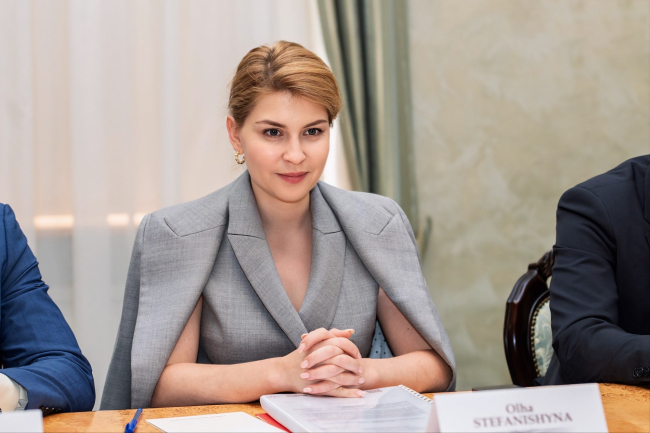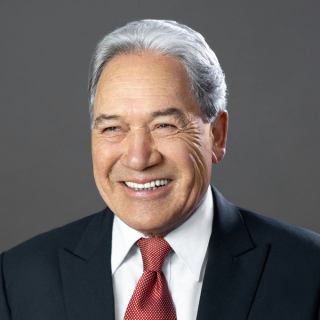
Practical information
Themes and regions
Related centers and programs
Registration for this event is now closed.
Find out more about our donor programsEU-Russia relations have barely improved since the outbreak of the Ukrainian crisis in 2014. Geopolitical tensions remain vivid in the East and have rendered the situation across the EU’s neighbourhoods particularly volatile. During his visit in Warsaw in February 2020, President Macron therefore underlined the importance of an “architecture of stability, of peace, of trust in Europe”.

But it remains unclear, under the current circumstances, how such an architecture should look like. Different threat perceptions and economic interests among the Member States, e.g. with regards to Nord Stream 2, hinder the development of a more robust strategy towards Russia. The presumed poisoning of the most prominent Russian opposition candidate Navalny and the unstable situation in Belarus represent further points of friction. The challenge in this context is not limited to recalibrating EU-Russia relations, given the role Russia plays especially in the EU’s Eastern neighbourhood and the Middle East. The discussion should be part of a wider reflection on the role the EU ambitions to play at the global level.
Side-event at Globsec Bratislava Forum October 7th/8th 2020 - Bratislava & online
Speakers
Tatiana KASTOUEVA-JEAN, Head of Russia-NIS Center, Institut Francais des Relations Internationales (Ifri), Paris (online)
Hans Dietmar SCHWEISGUT, Secretary General, Austro-French Centre for Rapprochement in Europe, Vienna (online) Irina BOLGOVA, Associate Professor, Department of Applied Analysis at Moscow State Institute of International Relations (MGIMO) (online)
Roland FREUDENSTEIN, Policy Director, Wilfried Martens Centre for European Studies, Brussels (online)
Patrycja SASNAL, Head of Research, Polish Institute of International Affairs (PISM), Warsaw (online)
Moderation: Kinga BRUDZINSKA, Programme Director of Future of Europe, GLOBSEC Policy Institute, Bratislava
Related Subjects
Other events

Navigating War, Reforms, and Secure Future: Ukraine’s EU and NATO Accession Path
Exclusive conve

Lunch debate with Winston Peters, Deputy Prime Minister and Minister of Foreign Affairs of New Zealand
Discussion co-chaired by Thierry de Montbrial, Executive Chairman of Ifri, member of the Academy of Moral and Political Sciences, and Marc Hecker, Deputy Director of Ifri (in English without translation).

Shaping Europe’s Technological Sovereignty
In the wake of Donald Trump's re-election in the United States, Europeans face a crucial imperative: rethinking their sovereigny, especially in the technological realm. What will be the strategic priorities and action levers of the new European Commission on this issue? What assessment can we make of the previous Commission’s achievements and challenges in navigating Sino-American technological competition, transatlantic dependencies, and emerging global partnerships?










